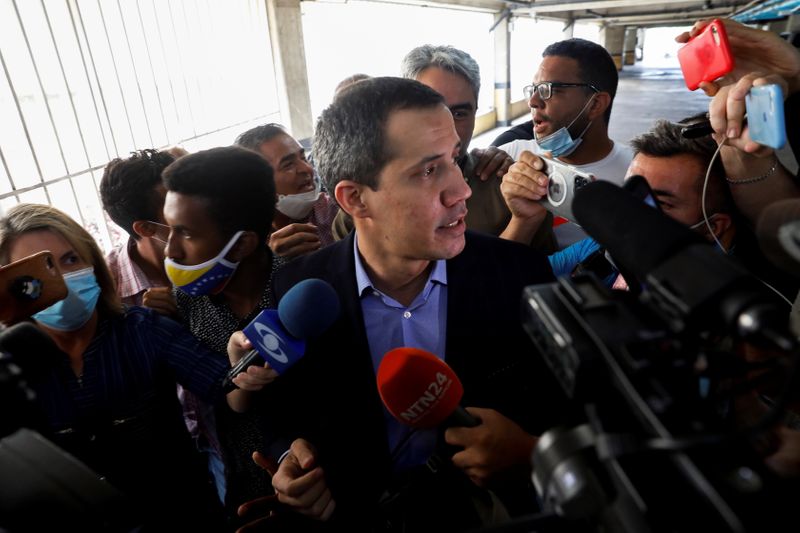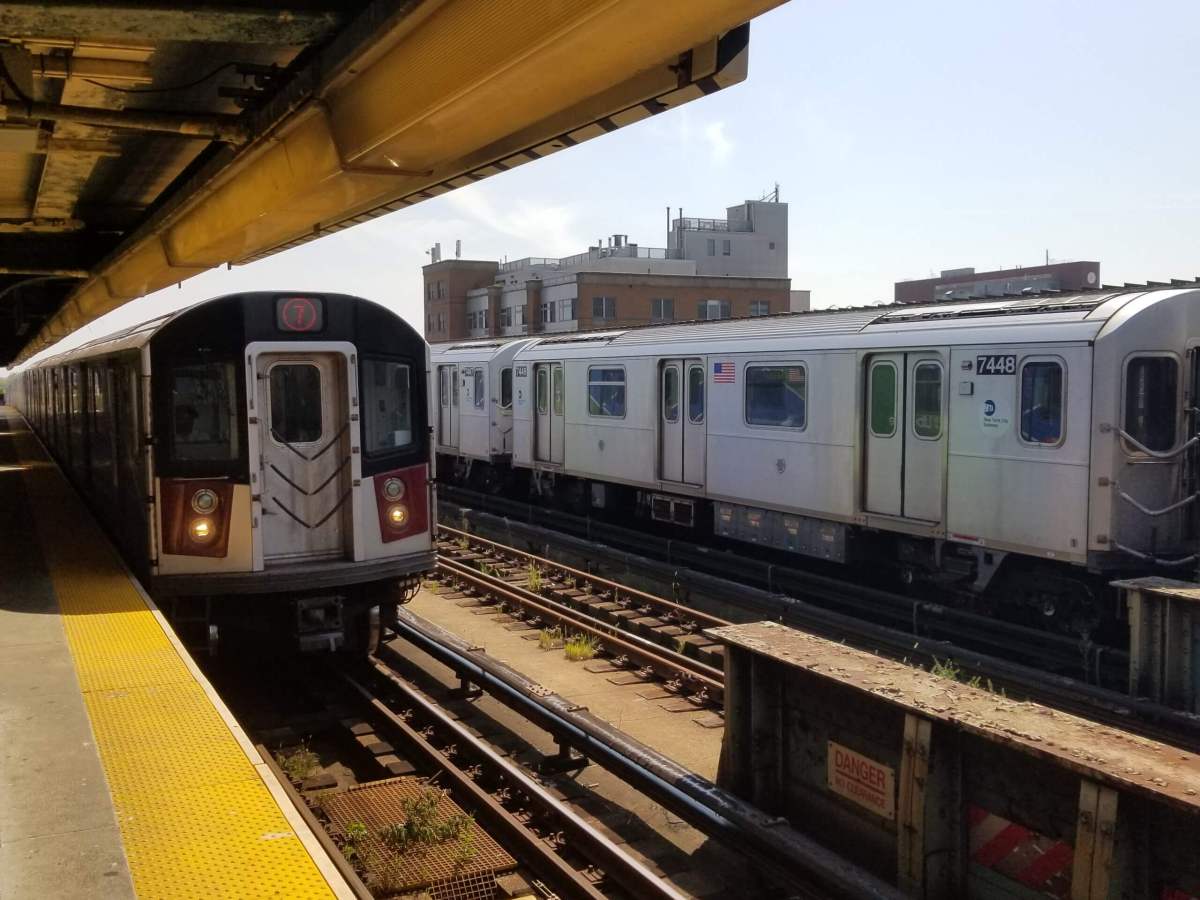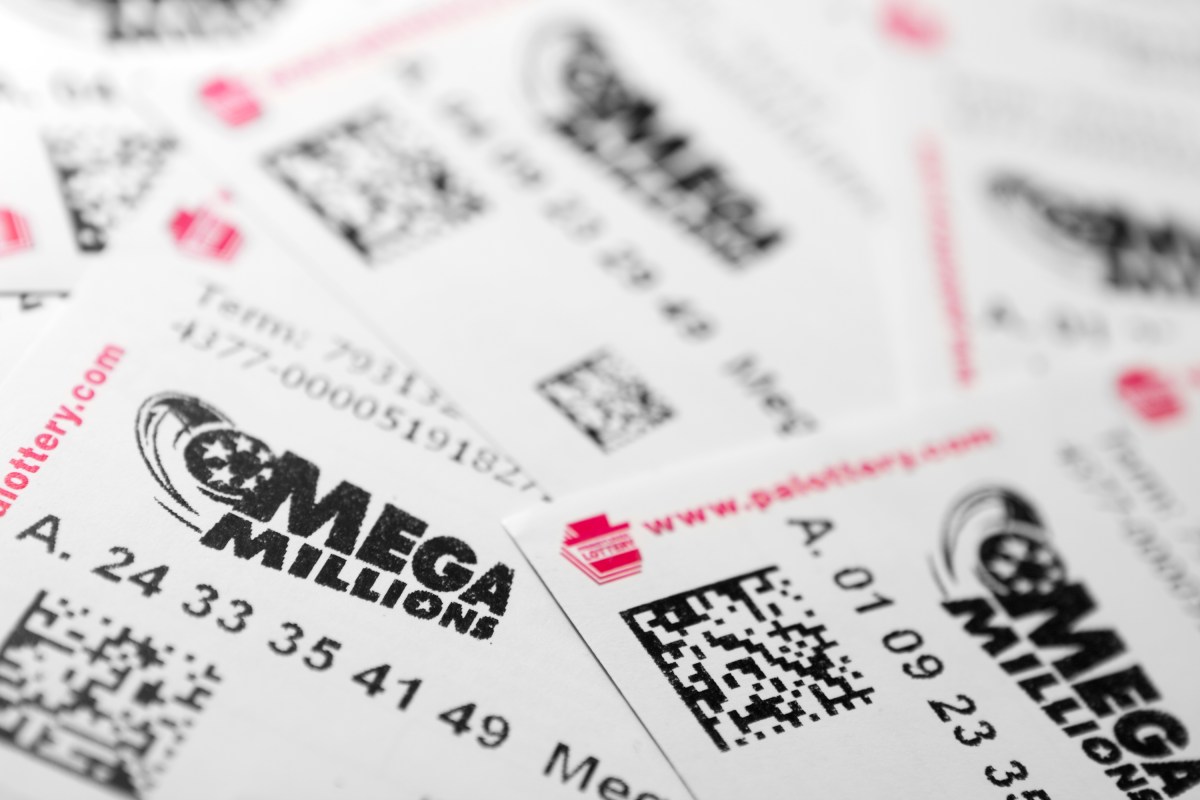LONDON (Reuters) – The British government sought to quash a bid by the Nicolas Maduro-backed Venezuelan central bank on Monday to repatriate nearly $1 billion of its gold stored in London, with an unequivocal statement that it backed opposition figure Juan Guaido instead.
Legal teams representing the Maduro and Guaido sides were at the UK Supreme Court in the latest round of a long-running tug-of-war over who should control what amounts to roughly 15% of Venezuela’s foreign currency reserves.
Lawyers representing the central bank say selling the gold would fund the response to the coronavirus pandemic and bolster a health system gutted by more than six years of economic crisis.
The Bank of England, whose vaults house the gold, has refused to release it, however, after the British government in early 2019 joined dozens of others countries in backing Guaido on the basis that Maduro’s presidential election victory the previous year was rigged.
“The UK government is clear that Juan Guaido has been recognised by Her Majesty’s Government since February 2019 as the only legitimate President of Venezuela,” the British Foreign Office said in a statement, having been invited by the Supreme Court to clarify its position ahead of Monday’s case.
The last-minute move intervention by the Foreign Office came alongside a 30-page legal document https://assets.publishing.service.gov.uk/government/uploads/system/uploads/attachment_data/file/1003665/20210818_Foreign_Secretary_s_Case_18_June_2021.pdf.
“The scope of the dispute seems to have narrowed,” Supreme Court President Lord Reed said referring to case which had been brought primarily to decide whether the UK recognised Guaido as Venezuela’s leader despite Maduro still running the South American country on a day-to-day basis.
It looked like it could help bring the case to a quick conclusion but it was not to be. Queen’s Counsel barrister Nick Vineall, representing the Maduro-backed central bank, said that rather than being “fatal” to his side’s case, the UK foreign secretary’s statement had instead supported it.
“Traditional recognition statements have been recognition statements in relation to governments. There is no recognition statement, in this case, in relation to governments,” Vineall said. “That means that the position remains that Mr. Maduro is in effective control in Venezuela.”
GOLD
The dispute over the gold began in May 2018 when Maduro secured re-election in a vote that the main opposition coalition boycotted and called a sham. Afterwards, Boris Johnson, then the British foreign minister, said: “We may have to tighten the economic screw on Venezuela.”
Concerned by mounting sanctions against the Maduro government, the Venezuelan central bank (BCV) then told the Bank of England (BoE) it wanted to bring home 14 tonnes of gold it had stored there.
Around the end of 2018, Calixto Ortega, the BCV president, traveled to London to discuss the matter with BoE officials, according to Sarosh Zaiwalla, a London-based lawyer representing the BCV, but they told Ortega there was an issue with his authority.
The following February, Britain joined dozens of other nations in backing Guaido’s claim to be the legitimate president. In April, the U.S. Treasury imposed sanctions on the BCV, alleging Maduro was using it to “plunder” Venezuelan assets to “enrich corrupt insiders.”
Before the sanctions, Venezuela paid off several gold swap transactions the BCV had agreed with Deutsche Bank in previous years, people familiar with the deal said. That resulted in 17 tonnes of gold held in the BoE’s vaults being returned to the control of the BCV, bringing its holdings there to 31 tonnes, about a quarter of Venezuela’s total gold reserves.
The sanctions then triggered the early termination of other gold swaps made between BCV and Deutsche Bank, releasing more gold to the BCV, according to a chronology filed in previous court cases by Guaido’s legal team.
Guaido’s team then asked the UK courts to determine who had the authority to represent the BCV and receive the gold.
The European Union, which Britain formally left at the start of the year, said in January https://www.reuters.com/article/us-venezuela-politics-eu/eu-states-no-longer-recognise-guaido-as-venezuelas-interim-president-idUSKBN29U1A3 it could no longer legally recognise Guaido as Venezuela’s president after he lost his position as head of parliament following legislative elections in December, despite the EU not recognising that vote.
(Reporting by Marc Jones; Editing by Peter Cooney and Lisa Shumaker)
























